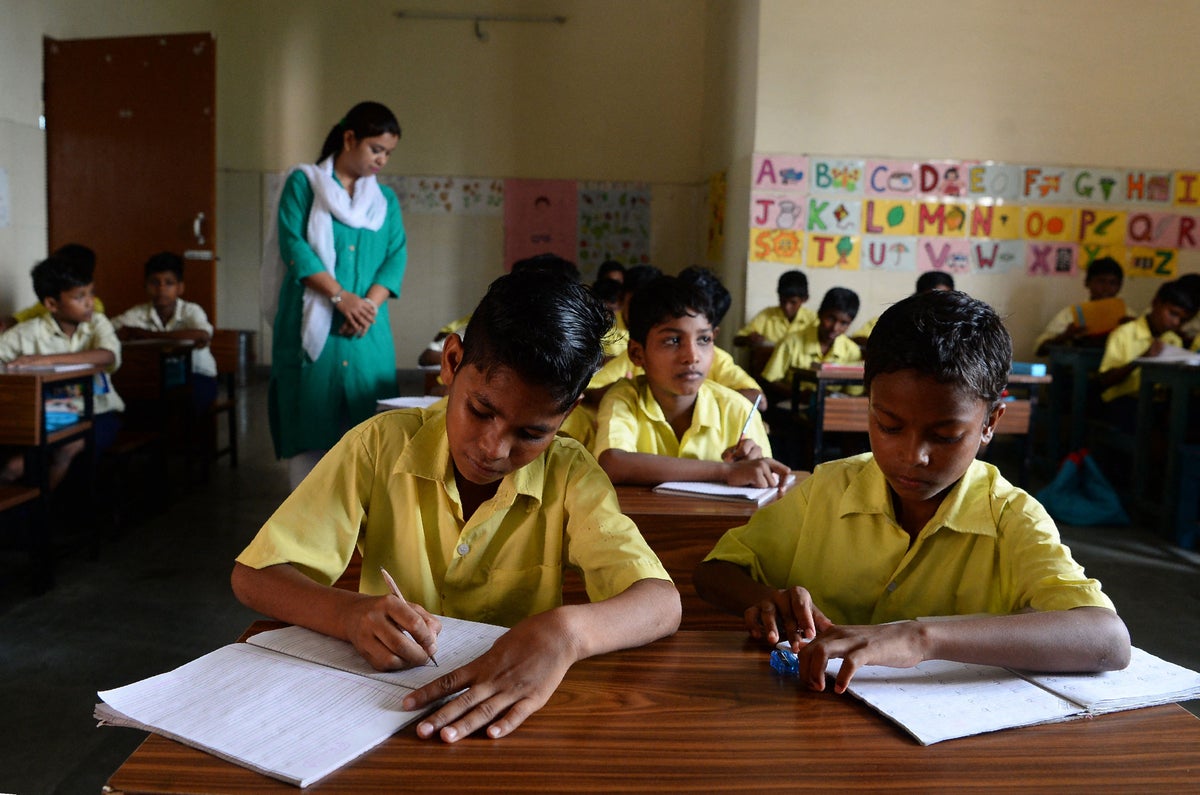SCIENCE & TECHNOLOGY: Indian classrooms to get AI face-recognition
3 minute readPublished: Wednesday, August 20, 2025 at 4:56 pm

Indian State Faces Backlash Over AI Face-Recognition in Schools
A state in southern India is facing criticism from child rights advocates and experts following a proposal to implement an AI face-recognition system in schools. The Department of School Education and Literacy in Karnataka plans to use mobile phone-based facial recognition to track student attendance and monitor beneficiaries of government welfare programs, including the midday meal scheme. The system is slated for implementation in the 2025-2026 academic year.
The government has developed a dedicated mobile application for the system, which will capture student images in real-time. These images will then be encrypted and converted into unique identification codes to ensure privacy and data security, according to officials. The system will be deployed across 52,686 schools, covering over 525,500 students.
However, a coalition of educationists, teachers' unions, parents' groups, and civil society organizations has voiced strong opposition to the initiative. The coalition, comprising 31 experts and organizations, has warned the government that the facial recognition system could expose children to risks of data misuse, exploitation, and abuse. They have written to the chief minister, urging the government to reconsider the plan.
The coalition's concerns include the potential for leaked or stolen facial data to fall into the wrong hands, leading to severe consequences. They also expressed worries about possible sexual exploitation, particularly given the rise of deepfake technology. Critics argue that schools should be safe spaces, not zones of surveillance, and that existing mechanisms like School Development and Monitoring Committees could provide better accountability.
This controversy comes after the UN Special Rapporteur on the Right to Education called for a ban on the use of facial recognition technologies in educational institutions.
BNN's Perspective:
While the government's intention to improve attendance tracking and welfare program monitoring is understandable, the concerns raised by child rights advocates are valid. The potential risks associated with data security and the potential for misuse of facial recognition technology in schools cannot be ignored. A balanced approach is needed, one that prioritizes both the efficiency of administrative processes and the safety and privacy of students. The government should carefully consider the recommendations of the coalition and explore alternative solutions that do not compromise the well-being of children.
Keywords: AI, face recognition, schools, India, student attendance, data privacy, child rights, surveillance, education, government, Karnataka, welfare programs, midday meals, security, exploitation, deepfakes